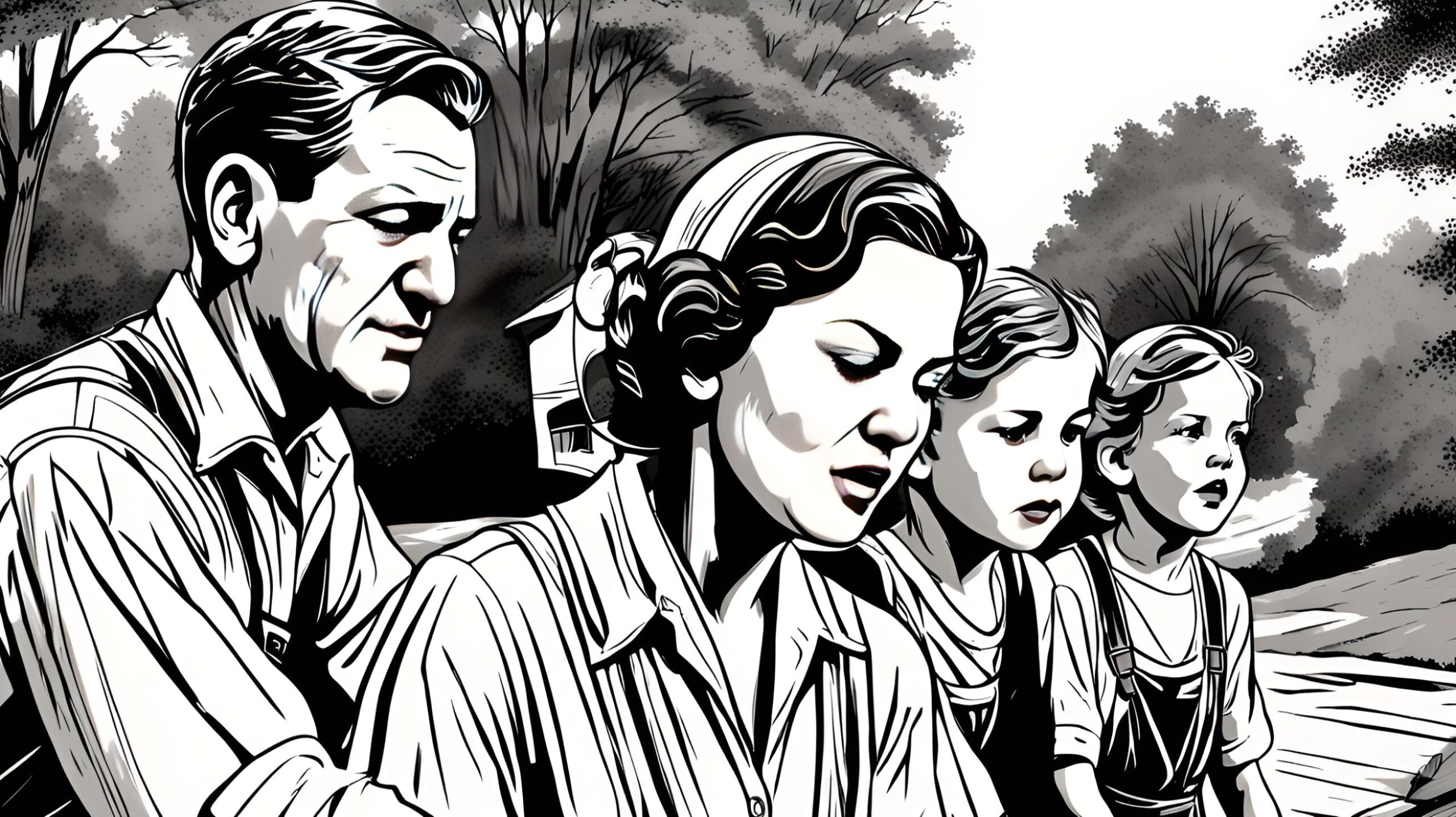Flashback to September 5
American History

On March 13, 1925, a landmark event took place that left an indelible imprint on American history and stirred nationwide conversations about faith, science, and the content of education. This singular event happened in Tennessee, where the legislature passed a bill that made it unlawful to teach evolution in public schools. This controversial legislation, often referred to as the Butler Act, became the fulcrum of a weighty debate on educational autonomy, intellectual freedom, and the intersection of religion and science in the classrooms.
The primary objective of the Butler Act was to prohibit the teaching of any theory that denied the biblical story of divine creation and state that man evolved from a lower order of animals. This law represented a formidable pushback against evolutionary science. Being the first law of its type in the United States, it was an event of considerable significance.
John Washington Butler sponsored this law, an agriculturist, businessman and fundamentalist Christian member of the Tennessee House of Representatives. The Butler Act drew motivation, to a significant degree, from a broader, national wave of fundamentalist Christian reaction to perceived threats to religious belief from prevailing scientific theories such as evolution.
The Butler Act was not just a legislative act but a significant event that ignited public sentiment. In essence, it embodied a showdown between religious freedom and scientific evolution. Supporters of the act ardently contended that evolutionary theories undermined faith and fostered disbelief in the Bible. The act’s proponents believed that teaching creationism, rather than evolution, should be the focus, endorsing the view that the Bible’s literal word represented an unalterable truth.
Conversely, opponents criticized the Butler Act as an unconstitutional intrusion on academic freedom. These individuals argued for the critical importance of intellectual curiosity, freedom of thought, and the unbiased pursuit of knowledge. They maintained that science and religion need not be mutually exclusive, asserting that teaching evolutionary theory was essential for a modern, comprehensive, and balanced education.
The Butler Act’s passage led to the legendary Scopes “Monkey” Trial later in 1925, marking a key—not to mention dramatic—chapter in the continuing debate over science and religion in American public life. This famous courtroom showdown between the celebrated defense attorney Clarence Darrow and the renowned orator and three-time presidential candidate William Jennings Bryan drew tremendous national attention.
The Scopes Trial centered on a charge brought against John Thomas Scopes, a young high school teacher accused of violating the Butler Act by teaching evolutionary theory. This trial, however, had implications far beyond the particular violation at issue. It represented a crucial clash between science and religion, modernism and traditionalism, and liberal and conservative values.
The events that transpired in Tennessee in 1925 remain highly significant. The tensions between evolutionary science and creationism, secularism, and religion continue to persist in some parts of the United States. Though the Butler Act was eventually repealed in 1967, it has left a lasting legacy that has helped shape discussions concerning education, religion, and science in the American public sphere.
The Tennessee event of March 1925 exemplifies the tug-of-war that can exist between scientific understanding and religious beliefs within societies. It serves as a stark reminder of the societal challenges such societies might face in balancing freedoms— religious liberties, freedom of speech, and academic liberty—with the goal of delivering quality education that reflects contemporary scientific understanding.
We strive for accuracy. If you see something that doesn't look right, click here to contact us!
Sponsored Content

Temperature hits 112 degrees…
Experience the intensity of…

With US$2 billion in…
Leveraging a substantial US$2…

The Sour Biscuit Fire…
The Sour Biscuit Fire,…

